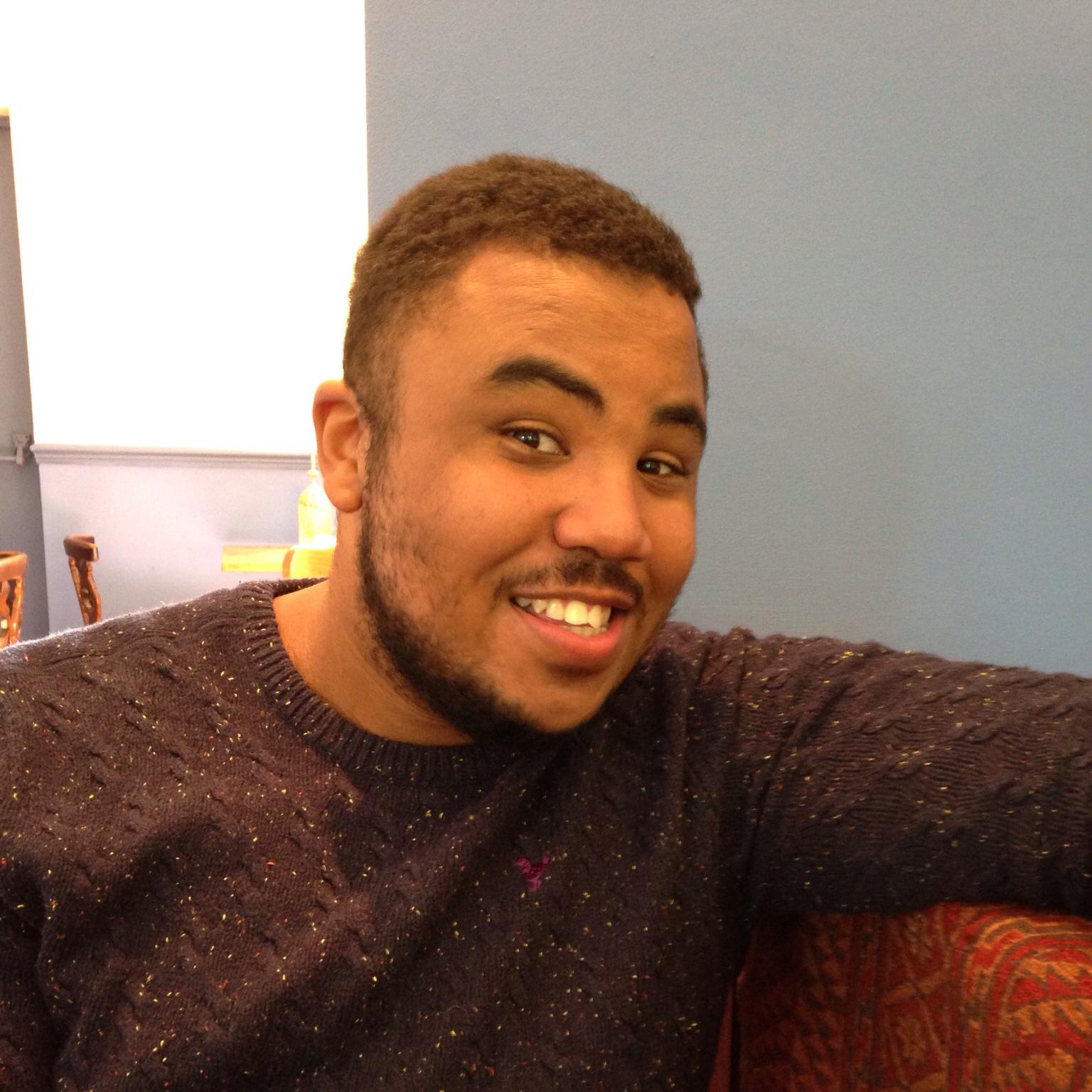Black History Month: ‘We all have a duty to call out racism’

 Martin Bailey (pictured), 26, works in banking in London. To mark the beginning of Black History Month, which runs throughout October, here he writes about his experiences as a young gay black man – exclusively for Attitude.
Martin Bailey (pictured), 26, works in banking in London. To mark the beginning of Black History Month, which runs throughout October, here he writes about his experiences as a young gay black man – exclusively for Attitude.
Where to start?
I’m a black man working in the City – which, if you spend 30 minutes outside of Bank station in the morning, you’ll know is pretty rare. Before that I was a Civil Servant.
Interestingly, I was pretty much fully out when in Civil Service, but not so much in the City. It’s a different culture that I guess I haven’t worked out yet, although my work LGBT network is strong and has been very welcoming.
As I grew older I knew I was gay but didn’t really act on it – until I went to University in Sheffield. I discovered who I was and what I liked.
Being hardly ‘buff’ in build, the bear ‘scene’ would seem a natural fit. But it’s not really made for black guys. I’ve tried to get into it, and I have a few friends who go out on the scene, but being from a mixed friendship group (straight, gay, female, male etc) can make that quite hard.
I wanted to wait until I was in the perfect relationship before coming out to family members. However, dating added too much pressure and so I told them before this (in 2013).
My family have been fantastic. Cliché as it sounds, I grew up in church big time, being in the Youth Leaders, preaching main Sunday evening service from aged 14.
I think the old trope of the church being homophobic and the black community being homophobic is antiquated. Yes there are still “traditional” views, but the communities are moving with the times and are accepting.
Looking at experiences as a BAME (Black, Asian or Minority Ethnic) LGBT person, I guess it’s easier to remember the negatives.
Most of this has come from online. I’ve had message responses on apps that say ‘NO BLACKS’. It’s awful and can really leave you with a complex.
I don’t think it’s funny that people hide behind screens and say these things. I’ve had people make assumptions around my sexual preferences because of my build etc. And the amount of times I’ve been asked about my ‘BBC’… I’ll leave you to figure out what that stands for.
Challenging people is important when you feel comfortable to – and I do this myself.
Often people might not want to hear it, and it can be difficult, but I think we have a duty to call it out. Some people are desensitised to this sort of language and that’s not right.
If you hear or see people say things based on negative stereotypes, challenge them!
Black History Month is still so important because it’s an opportunity to really highlight and celebrate a lot of things the black community is doing – a chance to come together and invite others in to gain understanding, yes it should always be that way, and there are people who are doing this all year long and we should applaud them, but this is a significant profile boost part of the year. Everyone, not just the black community, has a role they can play. Be an strong ally, be a loyal friend, and be visibly supportive.
This Black History Month, Stonewall is sharing the stories of BAME (Black, Asian and Minority Ethnic) LGBT colleagues and friends, to educate others around intersectional lived experiences. You can read more in Stonewall’s report, ‘One Minority At A Time’.
Words by MARTIN BAILEY.
